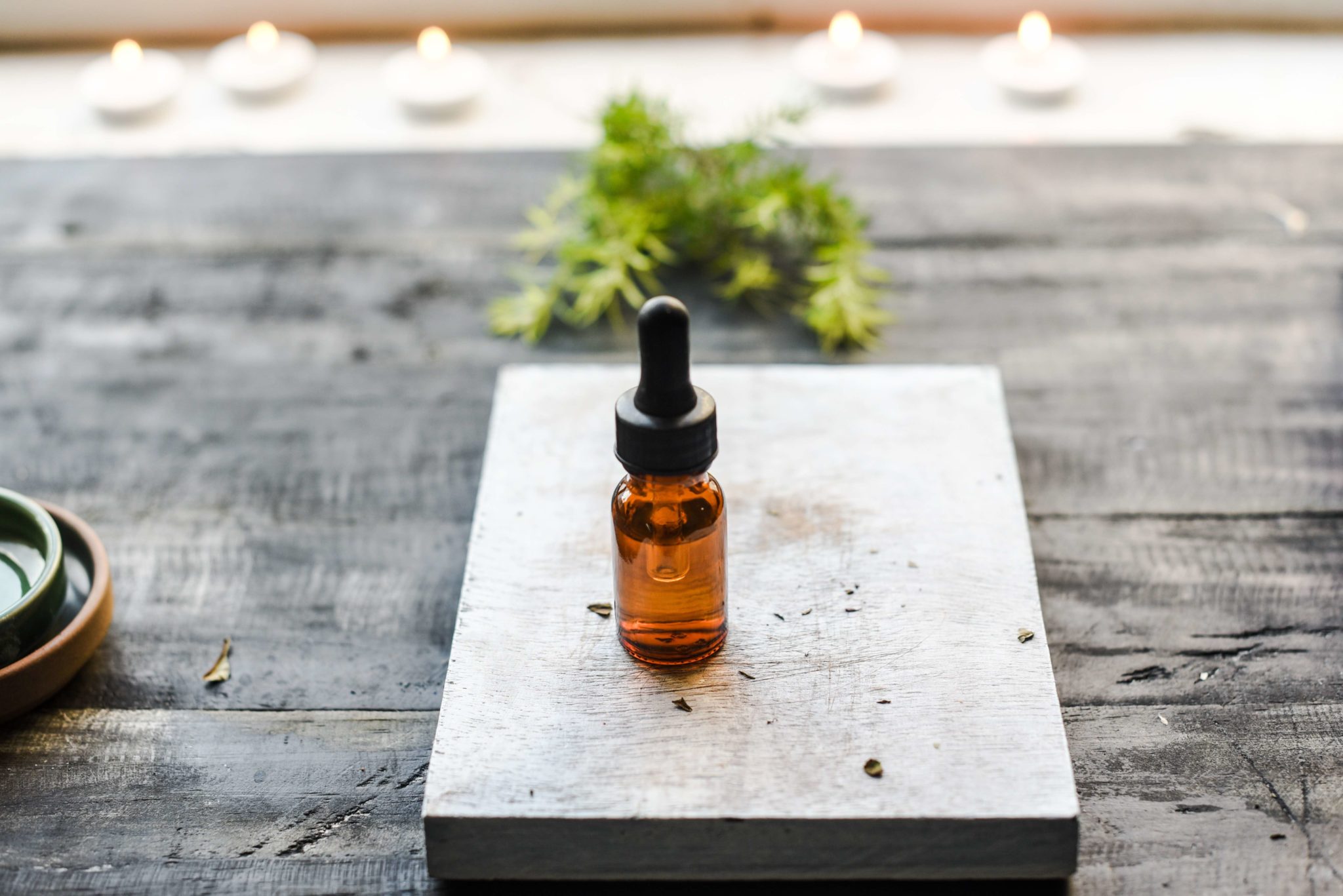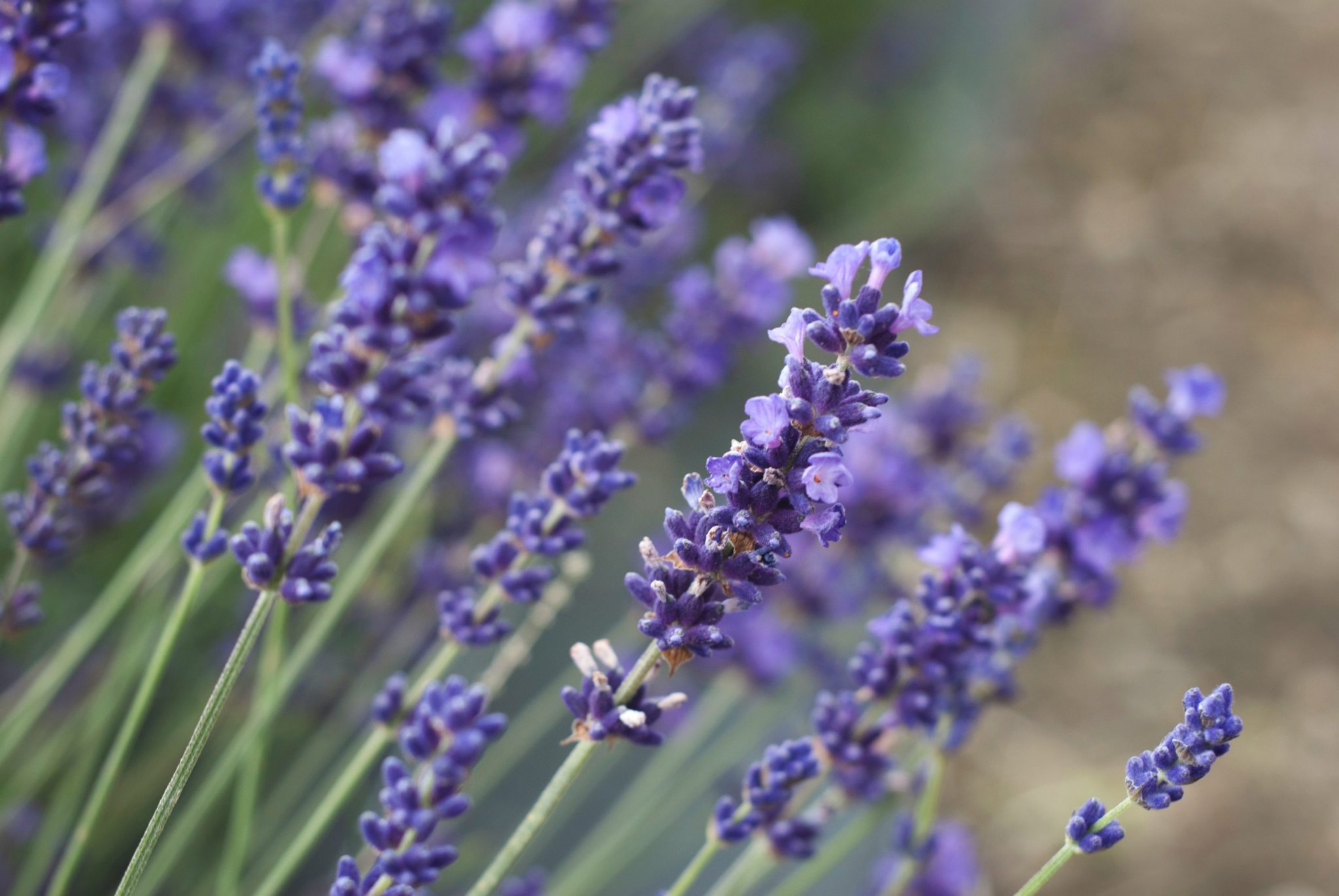Essential Oils For Alcoholism: Can Aromatherapy Help?
Alternative remedies are becoming increasingly popular, and essential oils have gained a particularly loyal following. There are many ailments that these plant-based extracts are believed to cure, and some evidence to suggest that, in certain cases, they can truly help. But what about essential oils for alcoholism? Can essential oils actually help with alcohol addiction?
Below, we’ll discuss how essential oils and aromatherapy work, and whether or not you should consider them as part of your recovery arsenal.
What Are Essential Oils?

Essential oils are purified concentrates taken from the fruit, leaves, bark, or roots of various plants. Each has its own unique fragrance profile, suggested benefits, and history of use. Common essential oils include cinnamaldehyde (found in cinnamon), linalool (lavender), citral (citrus), and carvone (caraway, mint).
Because many of these essential oils smell quite pleasant (although some can smell pretty bad at high concentrations), they’ve been incorporated in perfumes, cosmetics, and other fragrant applications for centuries.
Smelling or applying these oils on the body also goes back to ancient civilizations, and is re-emerging today as aromatherapy. Aromatherapy has been incorporated into religious and spiritual practices, yoga, and relaxation centers, and is touted as a balm for many ailments.
How Does Aromatherapy Work?
Aromatherapy involves inhaling the vapors of essential oils for a desired therapeutic effect. This is often done through essential oil diffusers, aromatherapy necklaces, or aroma sticks which can be inhaled directly.
Your sense of smell connects directly with your brain, and it’s believed that essential oil molecules can mediate release of neurotransmitters that influence mood, neuroimmune actions, and more. Those that advocate for aromatherapy claim that various oils can relieve headaches, improve mood disorders, boost the immune system, aid digestion, and ease pain, among other benefits.
As for scientific studies, research is still lacking. Although essential oils have shown promise for some of the above ailments, the evidence is generally too weak to be absolutely certain. Most literature on the subject recommends further research before drawing conclusions, and many benefits of aromatherapy have yet to be tested at all.
Can Essential Oils Help Alcoholism?
There is no clear evidence that essential oils can directly help with addiction to alcohol. However, certain essential oils may ease alcohol withdrawal symptoms, or help with common drinking triggers in recovery:
- Lavender Oil: Several studies suggest that lavender essential oil can help with anxiety, which is a frequent symptom of alcohol detox, and a significant factor in alcohol cravings and relapse. It may also help with quality of sleep.
- Peppermint Oil & Ginger Oil: Both of these essential oils may help relieve nausea, and might therefore be useful for some people during acute alcohol withdrawal.
- Anshen Oil: This oil is used in Traditional Chinese Medicine, and is shown to have a hypnotic and sedative effect, potentially helping with insomnia.
There is also some evidence that certain blends of essential oils can help ease pain and depression, especially in older adults. These are also drinking triggers for many people.
As for addiction treatment more generally, one study showed that black pepper oil reduced nicotine cravings in smokers. However, this may be due to the oil’s effect on participants’ lungs—and therefore not applicable to alcohol abuse. And another study found little difference between essential oils and placebo, proposing that “controlled breathing” was the real reason patients experienced relief.
So, Should I Try Essential Oils for Alcohol Addiction?

In summary, we need much more research before we really know if essential oils can help with alcoholism. Evidence so far suggests that they don’t have much direct impact, and should not be a replacement for proven anti-craving medication, or a science-backed alcohol rehab program.
However, they do seem to help with some contributing factors to addiction. And so long as they are not directly ingested or applied to the skin, essential oils seem to have few negative side effects. In most cases, there’s little harm in giving it a try.
If you decide to try essential oils for alcohol cravings, pay careful attention to any allergic reactions you may have, and be aware that some combinations may have more impact on one person vs another. Take things slow, and do your research thoroughly beforehand.
Finally, none of the above should substitute for a doctor’s advice. If you’re struggling to control your drinking, it’s best to get professional medical help, and find a program that can support you holistically in your recovery. Essential oils may form a useful part of your self-care, but it’s better to view them as a supplement rather than a cure.
One way to get holistic care in recovery is through an online program. Ria Health offers access to prescription medication, expert medical advice, handy digital tools, and weekly coaching meetings. Best, of all, the whole thing is accessible through an app on your smartphone.
Learn more about how it works, or get in touch with a member of our team today.
References
- Johns Hopkins Medicine. Aromatherapy: Do Essential Oils Really Work? Accessed February 1, 2021.
- The Harvard Gazette. How scent, emotion, and memory are intertwined — and exploited. Accessed February 1, 2021.
- American College of Healthcare Sciences. 3 Common and Dangerous Essential Oil Mistakes. Accessed February 1, 2021.
Peer-Reviewed Studies:
- Kang H-J et al. How Strong is the Evidence for the Anxiolytic Efficacy of Lavender?: Systematic Review and Meta-analysis of Randomized Controlled Trials. Asian Nurs Res (Korean Soc Nurs Sci). 2019 Dec; 13(5): 295-305. Accessed February 1, 2021.
- Karadag E et al. Effects of aromatherapy on sleep quality and anxiety of patients. Nurs Crit Care. 2017 Mar; 22(2): 105-112. Accessed February 1, 2021.
- Lua P L, Zakaria N S. A brief review of current scientific evidence involving aromatherapy use for nausea and vomiting. J Altern Complement Med. 2012 Jun; 18(6): 534-40. Accessed February 1, 2021.
- Zhong Y et al. Sedative and hypnotic effects of compound Anshen essential oil inhalation for insomnia. BMC Complement Altern Med. 2019 Nov 11; 19(1): 306. Accessed February 1, 2021.
- Kim M-J et al. [The effects of aromatherapy on pain, depression, and life satisfaction of arthritis patients]. Taehan Kanho Hakhoe Chi. 2005 Feb; 35(1): 186-94. Accessed February 1, 2021.
- Conrad P, Adams C. The effects of clinical aromatherapy for anxiety and depression in the high risk postpartum woman – a pilot study. Complement Ther Clin Pract. 2012 Aug; 18(3): 164-8. Accessed February 1, 2021.
- Xiong M et al. Effectiveness of Aromatherapy Massage and Inhalation on Symptoms of Depression in Chinese Community-Dwelling Older Adults. J Altern Complement Med. 2018 Jul; 24(7): 717-724. Accessed February 1, 2021.
- Rose J E, Behm F M. Inhalation of vapor from black pepper extract reduces smoking withdrawal symptoms. Drug Alcohol Depend. 1994 Feb; 34(3): 225-9. Accessed February 1, 2021.
- Anderson L A, Gross J B. Aromatherapy with peppermint, isopropyl alcohol, or placebo is equally effective in relieving postoperative nausea. J Perianesth Nurs. 2004 Feb; 19(1): 29-35. Accessed February 1, 2021.
Will insurance cover treatment? Verify Coverage
Have Questions? Call (800) 504-5360



